Zoo Visitor Crushes Tasmanian Devil in His Small Enclosure
The News
A Tasmanian devil crawled into his enclosure and died after a visitor crushed him with a block of asphalt at the Albuquerque Zoo in New Mexico. With no surveillance cameras at the devil exhibit, law enforcement probably won’t find the killer.
A spokesman for the local Mayor said that “our poor Tasmanian devil was killed, intentionally, by what seems to be blunt force trauma to the head.”
Jasper, one of four devils acquired by the zoo several months ago, came from the Healesville Sanctuary, a zoo in Australia. Healesville is attempting to breed several thousand devils in captivity for eventual release because the wild population in Tasmania is being decimated by a contagious facial cancer.
In the wild, Tasmanian devils, who are nocturnal, swim across rivers, hunt, eat with other devils, climb trees, run exceptionally fast and have complex sex lives. Captivity can’t possibly meet the instinctual needs of these animals, but, at the moment, it might be their only chance at survival.
Opinion
After a three-week old tiger drowned at the London zoo in 2012, PETA called for a boycott, describing the zoo as a “prison with living exhibits.” The zoo director, David Field, defended captivity, saying “Conservation breeding programmes are the only way to ensure a future for these animals.”
If members of a species are forced to sacrifice their freedom to help to conserve the entire species, then they should at the very least be housed in sanctuaries. Zoos are inherently inhumane, and they teach children that animals are exhibits, not individuals who want to live freely.
Your Turn
The ideal way to preserve wildlife is to support the work of groups like Sea Shepherd that protect animals in their own habitats.
Filed under: Entertainment, WIldlife
Tagged with: Australia, captivity, New Mexico, Tasmanian devil, zoo



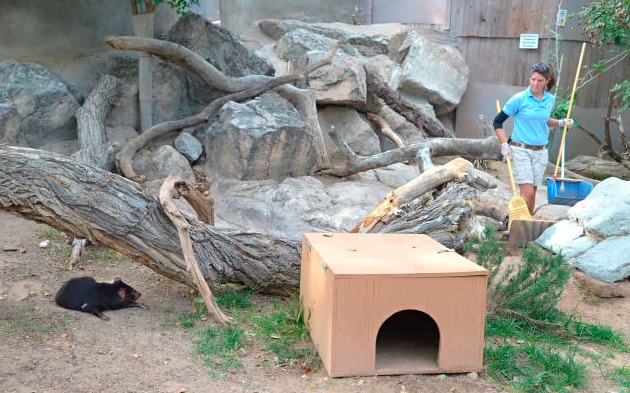
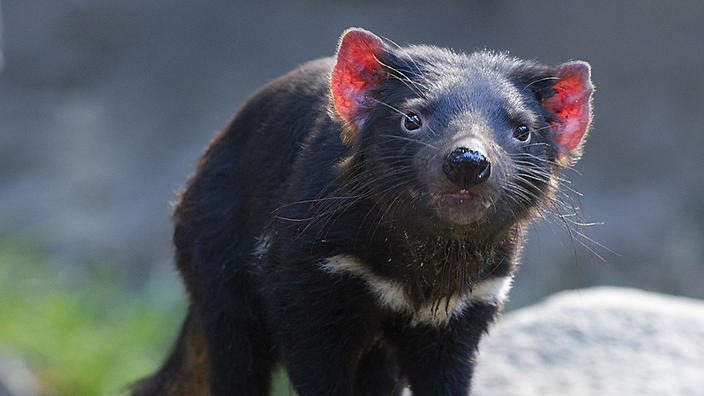
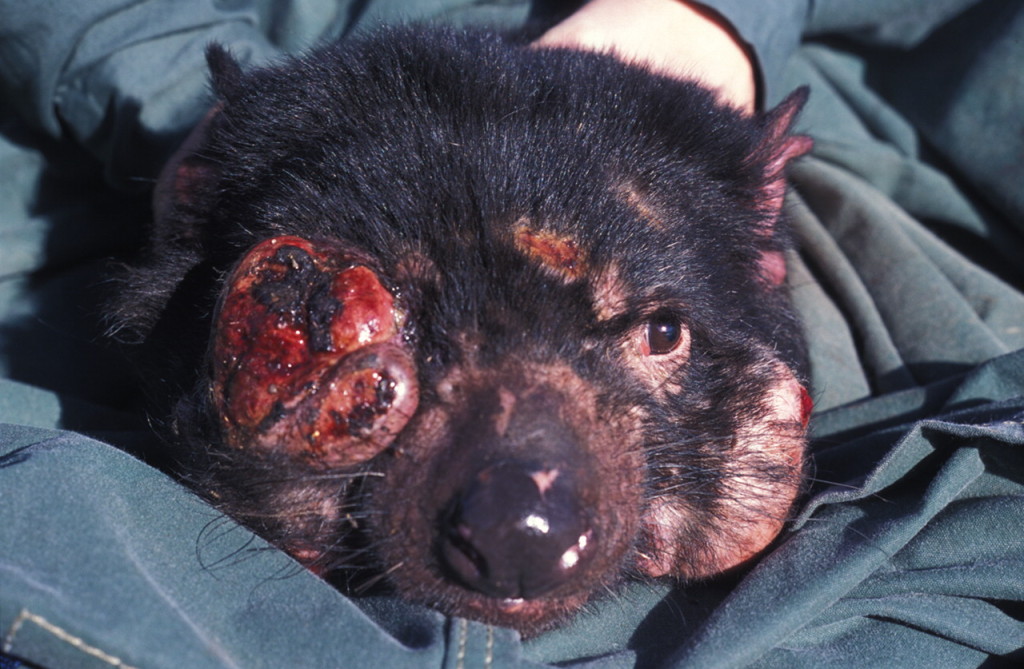
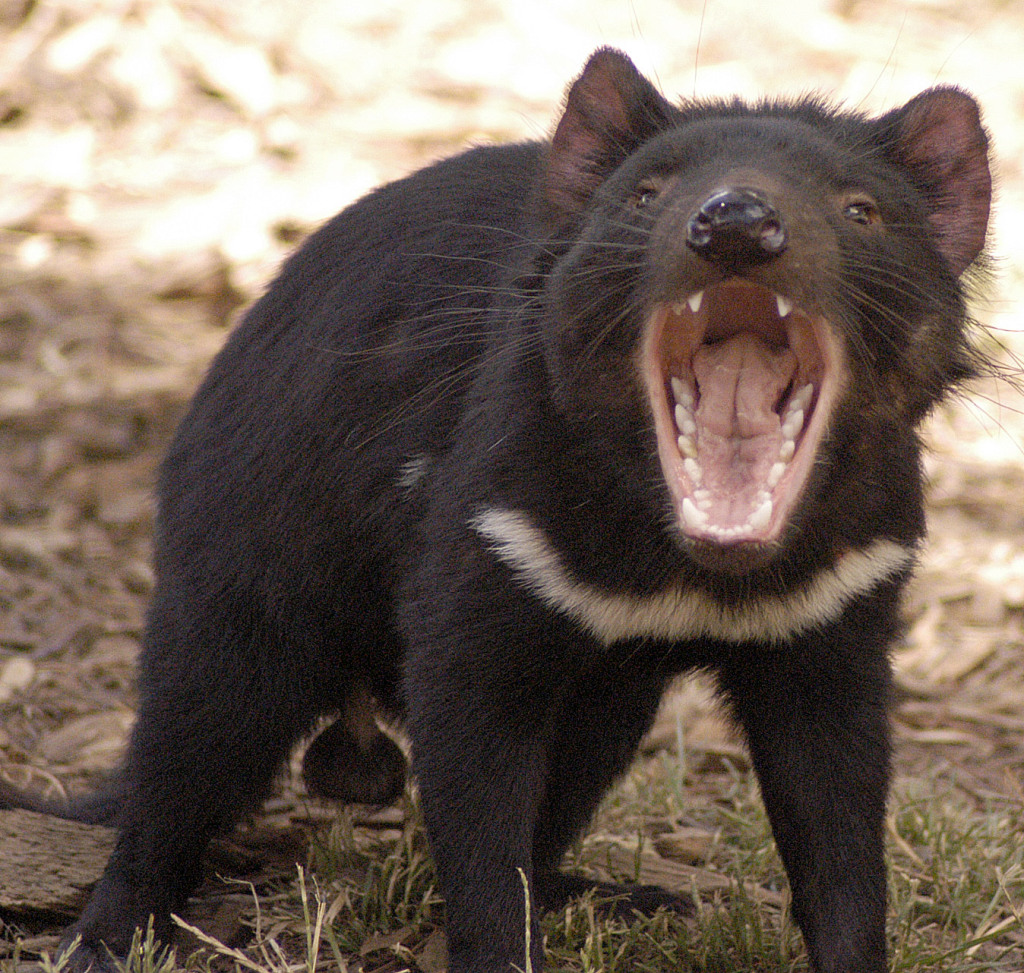
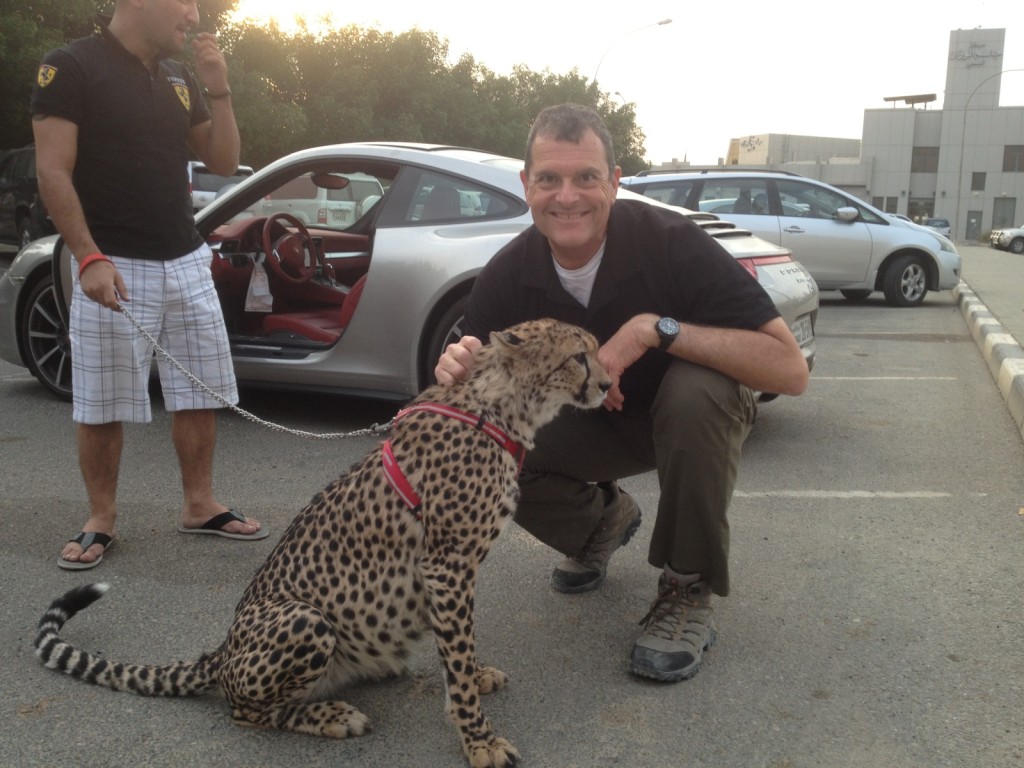
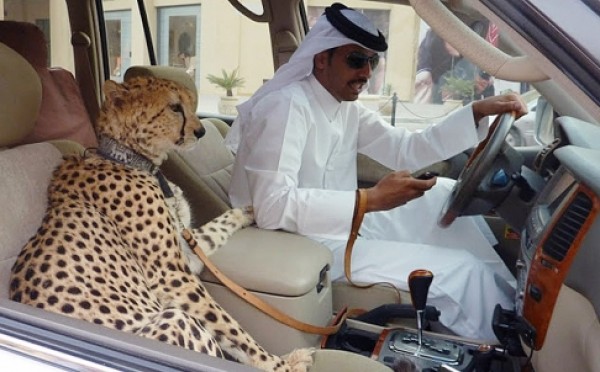
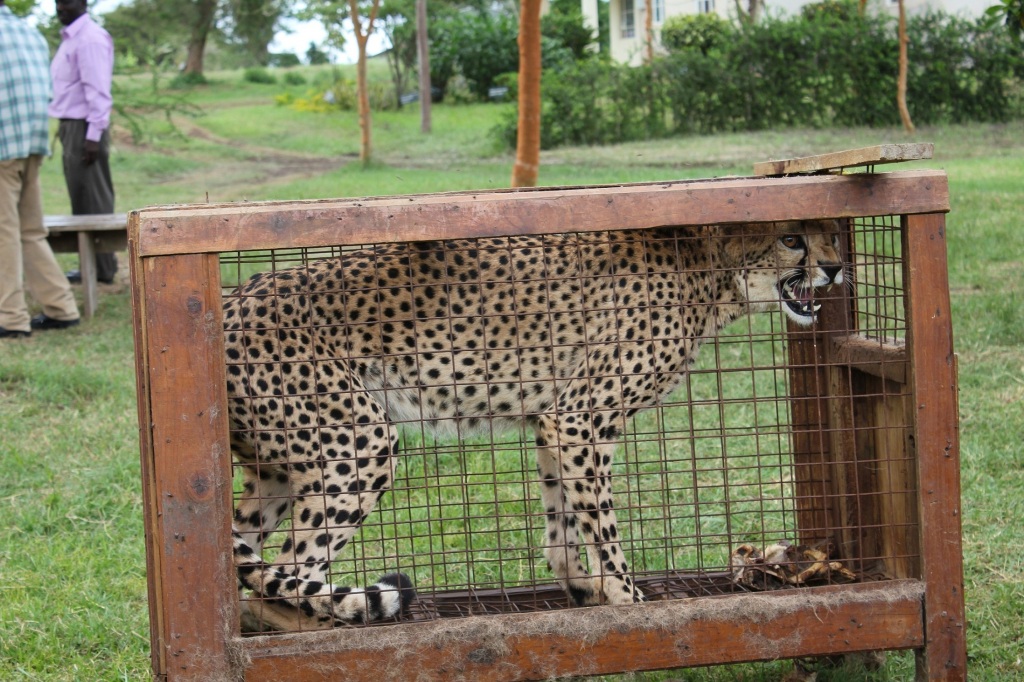
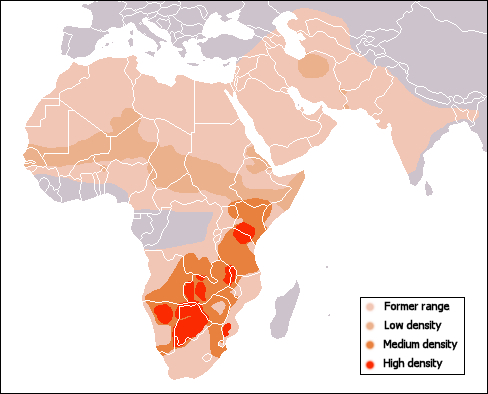

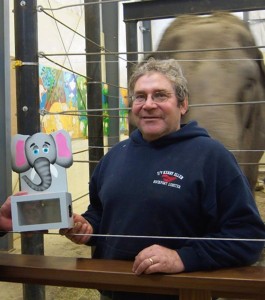

Follow Their Turn